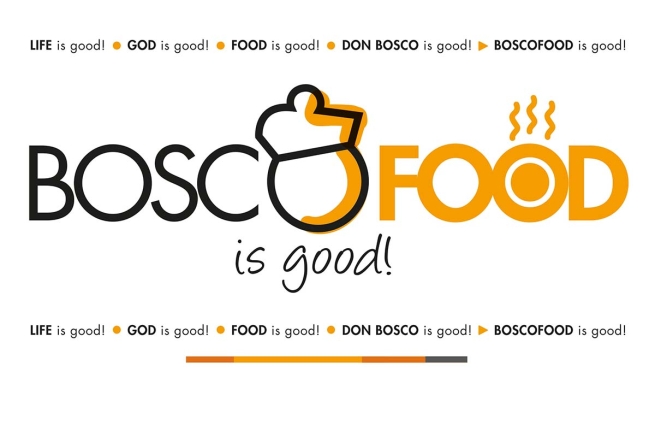Every one of us is born into a culture. Hence, we grow up eating the cuisine of our cultures. Thus, our local cuisine becomes a part of who each of us are. In fact, continuing to prepare food from one’s culture is an expression of affirming one’s ethnicity. It also becomes the ‘comfort food’ we seek to cope with homesickness or in times of frustration and stress. Thus, one way of appreciating our heritage is by embracing our culture’s food.
Culture is the way of living, thinking, and relating of a group of people. Since people evolve, cultures continually develop and evolve. Similarly, cuisines evolve continually, and new cuisines are created by innovation and cultural interaction. Many migrants make their traditional dishes in their new country. Since some ingredients needed to make traditional cuisine may not be readily available, alternative ingredients available are used to prepare traditional dishes. When migrants open restaurants, they also adapt their traditional cuisine to cater to a wider range of customers with distinct tastes and flavour preferences. These alterations create new flavours that still retain the cultural significance of the dish.
As the world becomes more globalised, cuisines from diverse cultures become easily available. This gives a great possibility to all to become more informed about other cultures by trying their cuisine. This should bring us to realise that each dish has a special place in the culture to which it belongs and is special to those who prepare it. Indeed, food is not only for nourishment. It is a door into a culture, and it should be appreciated as such.
Fr. Alfred Maravilla, SDB
General Councillor for the Missions
PLEASE NOTE: The Missions Sector is preparing the “BoscoFood” making available every week the recipe of a typical dish from a country where the Salesians are present. Each community is invited to prepare it and to help its members to broaden their cultural horizons.


